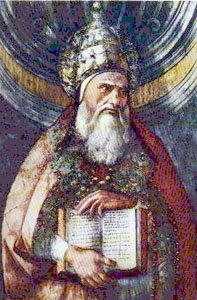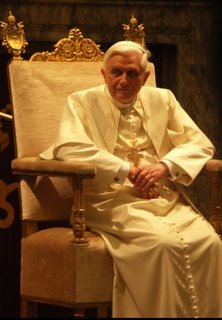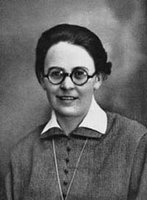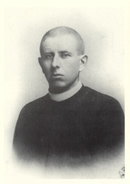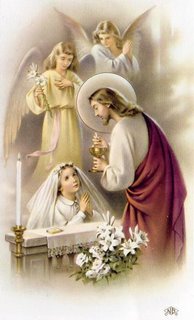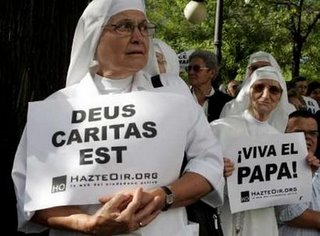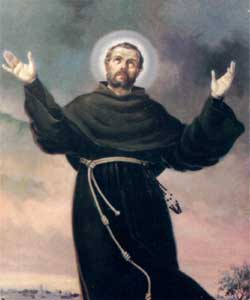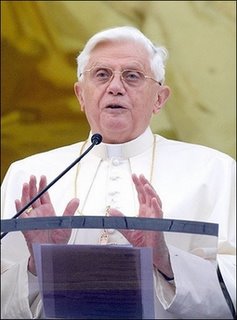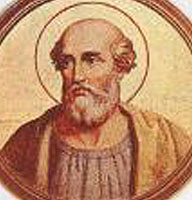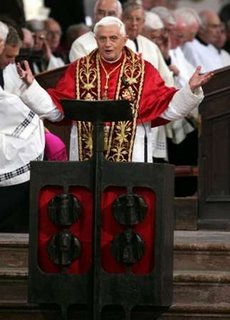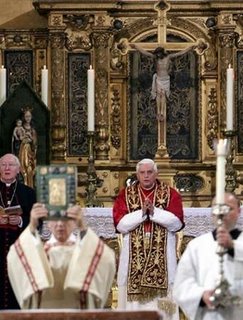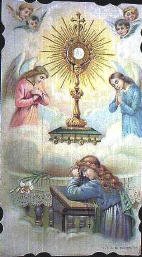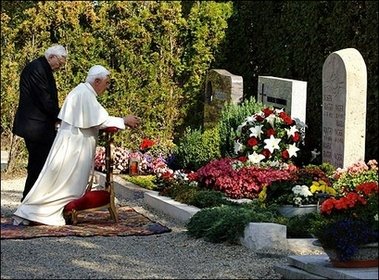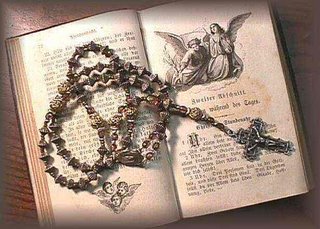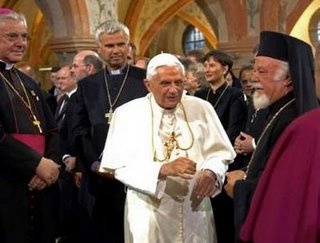
Our catechism tells us, my children, that all men will undergo a particular judgment on the day of their death. No sooner shall we have breathed our last sigh than our soul, without leaving the place where it has expired, will be presented before the tribunal of God. Wherever we may die, God is there to exercise His justice. The good God, my children, has measured out our years, and of those years that He has resolved to leave us on this earth, He has marked out one which shall be our last; one day which we shall not see succeeded by other days; one hour after which there will be for us no more time. What distance is there between that moment and this -the space of an instant. Life, my children, is a smoke, a light vapour; it disappears more quickly than a bird that darts through the air, or a ship that sails on the sea, and leaves no trace of its course!
When shall we die? Alas! will it be in a year, in a month? Perhaps tomorrow, perhaps today!
May not that happen to us which happens to so many others? It may be that at a moment when you are thinking of nothing but amusing yourself, you may be summoned to the judgment of God, like the impious Baltassar. What will then be the astonishment of that soul entering on its eternity? Surprised, bewildered, separated thenceforth from its relations and friends, and, as it were, surrounded with Divine light, it will find in its Creator no longer a merciful Father, but an inflexible Judge. Imagine to yourselves, my children, a soul at its departure from this life. It is going to appear before the tribunal of its Judge, alone with God; there is Heaven on one side, Hell on the other. What object presents itself before it? The picture of its whole life! All its thoughts, all its words, all its actions, are examined.
This examination will be terrible, my children, because nothing is hidden from God. His infinite wisdom knows our most inmost thoughts; it penetrates to the bottom of our hearts, and lays open their innermost folds. In vain sinners avoid the light of day that they may sin more freely; they spare themselves a little sham in the eyes of men, but it will be of no advantage to them at the day of judgment; God will make light the darkness under cover of which they thought to sin with impunity. The Holy Ghost, my children, says that we shall be examined on our words, our thoughts, our actions; we shall be examined even on the good we ought to have done, and have not done, on the sins of others of which we have been the cause. Alas! so many thoughts to which we abandon ourselves -- to which the mind gives itself up; how many in one day! in a week! in a month! in a year! How many in the whole course of our life! Not one of this infinite number will escape the knowledge of our Judge.
The proud man must give an account of all his thoughts of presumption, of vanity, of ambition; the impure of all his evil thoughts, and of the criminal desires with which he has fed his imagination. Those young people who are incessantly occupied with their dress, who are seeking to please, to distinguish themselves, to attract attention and praise, and who dare not make themselves known in the tribunal of Penance, will they be able still to hide themselves at the day of the judgment of God? No, no! They will appear there such as they have been during their life, before Him who makes known all that is most secret in the heart of man.
We shall give an account, my children, of our oaths, of our imprecations, of our curses. God hears our slanders, our calumnies, our free conversations, our worldly and licentious songs; He hears also the discourse of the impious. This is not all, my children; God will also examine our actions. He will bring to light all our unfaithfulness in His service, our forgetfulness of His Commandments, our transgression of His law, the profanation of His churches, the attachment to the world, the ill-regulated love of pleasure and of the perishable goods of earth. All, my children, will be unveiled; those thefts, that injustice, that usury, that intemperance, that anger, those disputes, that tyranny, that revenge, those criminal liberties, those abominations that cannot be named without blushes...
Read more on St. John Vianney
 Today is the Memorial of St. Jerome, who taught us to love Scripture. Please read my post on him.
Today is the Memorial of St. Jerome, who taught us to love Scripture. Please read my post on him.

